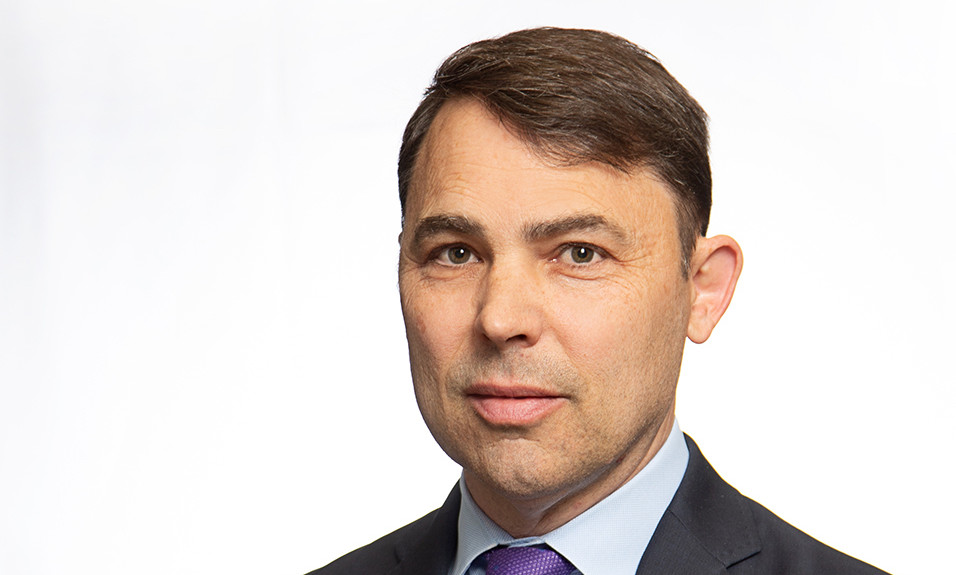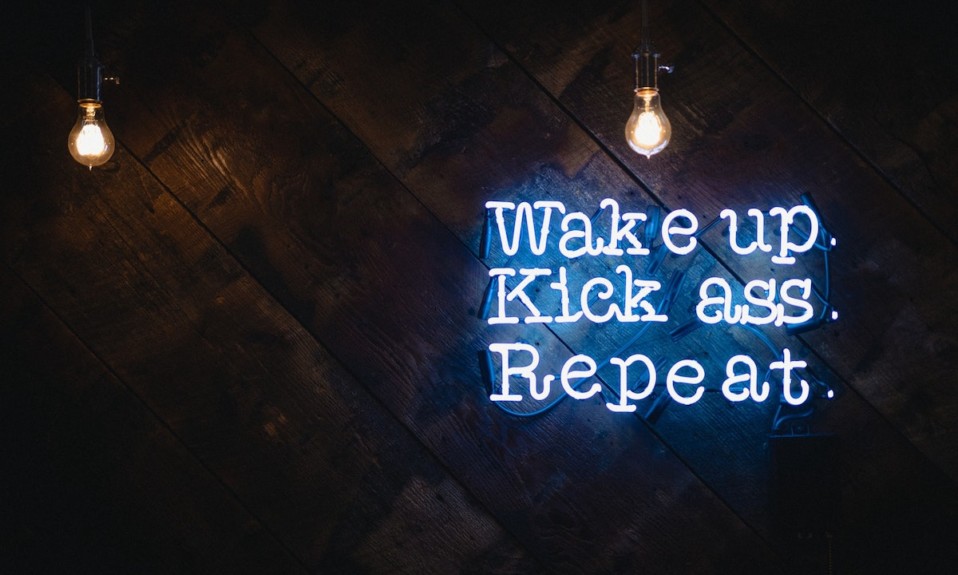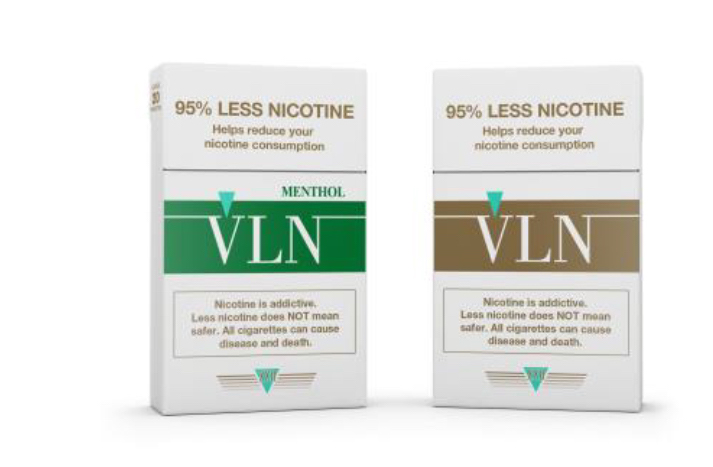In a word, no. Recovery is a lifelong undertaking, but in time you’ll view that as a positive
By Patrick McElwaine, Psy.D., LPC
Can I ever be cured of my alcoholism or drug addiction? It is a question I have heard numerous times in my career. I even asked it to myself during my own struggles with addiction and my early recovery. I was praying for a magic pill I could take that would wipe away my troubles and addiction and make me feel better for the rest of my life. I was praying I would wake up one day and no longer have obsessive thoughts about alcohol and drugs, and that I wouldn’t feel so miserable and be in such pain.
I remember thinking, What kind of life is this? Maybe recovery doesn’t work for me like for other people. Maybe this is just who I am. I am a drug addict and a drunk, and if my family really loves me, they would love me despite this. Or I can just not care what people think of me. But I felt shame—the shame of the person I was, the shame of being an addict and an alcoholic. How can I work treatment when I have messed up so many times—tried to get it and just can’t? There has to be a cure, right?
It is fascinating what happens when you work your recovery, and how your feelings about wanting to be cured of this disease change. Early on, I often felt that recovery wasn’t going to work for me. But I listened to others who had experienced long-term recovery and to my therapist—people I trusted, even though I didn’t believe them at times. I started to attend meetings and tried to find things (maybe just one thing) that I could view as a positive. It was a different attitude from before, when I would hold on to all the negative aspects of a meeting in order to collect and gather as evidence that it wasn’t helpful for me.
I stopped asking the question, ‘Is there a cure?’ Instead, I now asked, ‘What can I do to maintain my sobriety?’ The most significant difference between me now and at the beginning of my recovery is that I feel resilient, strong and empowered.”
I started working with my therapist about my alcohol and drug addiction, as well as other aspects of my life that may have contributed to my substance use disorder. I took things one day at a time, even one minute at a time. I began to realize what clicked for my recovery and what didn’t. My people, places and things changed. I could see the underlying reasons why I drank and drugged (other than what I would tell people: “I just like it”). I was prepared for days that were not great and put into action what I needed to do to prevent a relapse or a downward spiral. I felt my confidence and self-esteem rise. I offered support, guidance and help to newcomers who were brand new to recovery.
I stopped asking the question, “Is there a cure?” Instead, I now asked, “What can I do to maintain my sobriety?” Recovery will be a lifelong process for me. The most significant difference between me now and at the beginning of my recovery is that I feel resilient, strong and empowered. I share that same sentiment with individuals who are struggling with addiction and mental health disorders.
My perception of my substance use disorder diagnosis has changed. I no longer have shame or disgust—I no longer feel like a failure, mess-up or loser. I continue to be a work in progress. I continue to attend 12-step meetings and therapy. Recovery has given me gifts in my life that a quick cure never would. So, to those of you who are struggling right now: Keep moving forward, and please don’t give up.
Patrick McElwaine, Psy.D., LPC, is known as “Dr. Mac” to his clients, students and colleagues. He has his own counseling practice, teaches counseling psychology at Holy Family University in Pennsylvania, is a faculty member at the Beck Institute, and serves on the Bucks County National Alliance on Mental Illness (NAMI) board of trustees. His column “Dear Recovery” publishes regularly on TreatmentMagazine.com.
Photo: William Farlow













